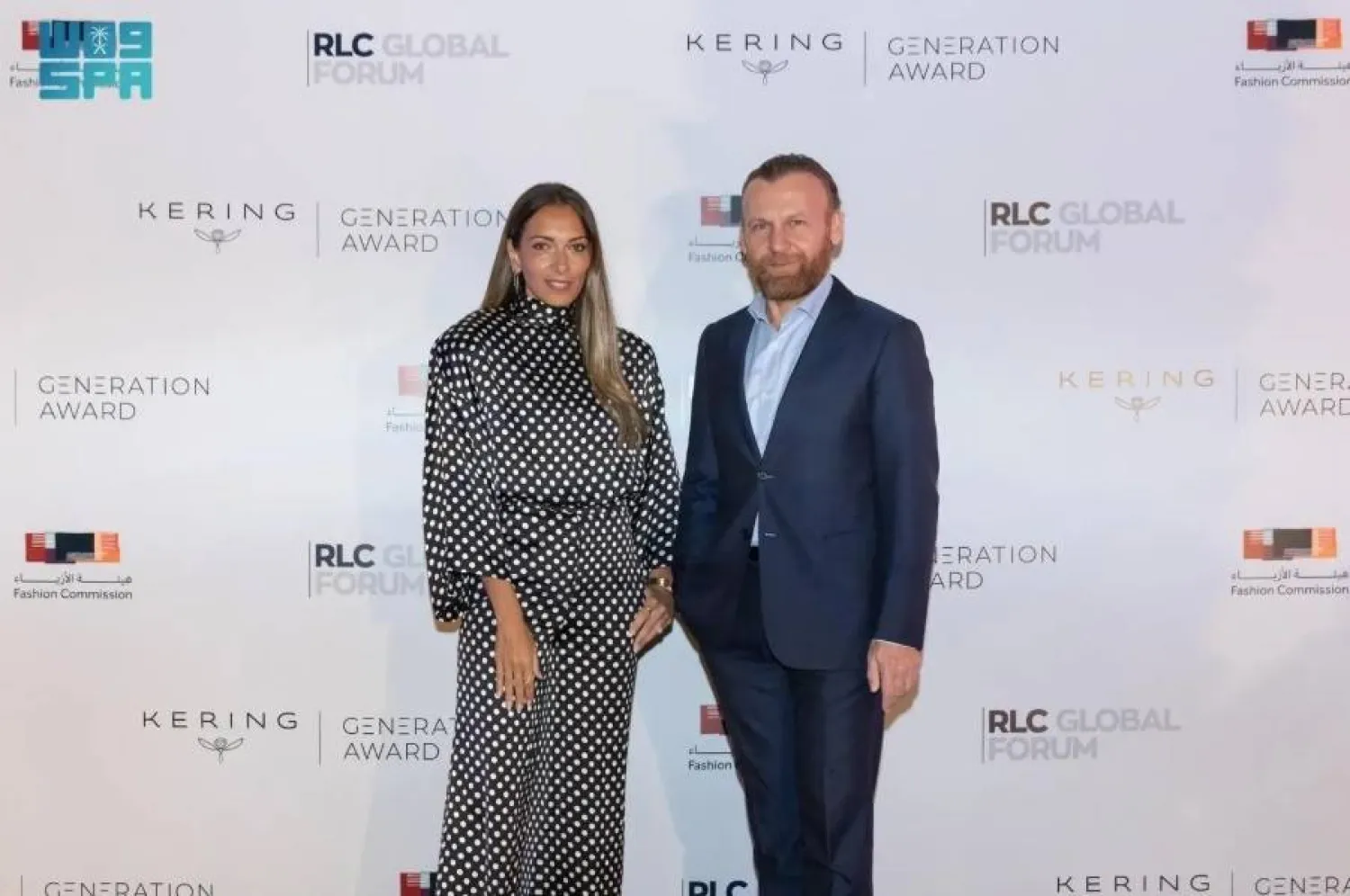In April 2018, Riyadh held the first fashion week in Saudi Arabia. Needless to say, the event captured the world’s attention because it had broken the western perception of Saudi women as simple consumers of their products.
At the time, however, the event was a challenge for Saudi women to portray themselves in a different light and indeed they did. They achieved their dreams by showcasing their potential and talent on a global scale.
Even though the event was limited to women and photographs were barred from being posted on social media to preserve the privacy of attendees, it did garner the attention of international media.
Two years later, the Saudi appetite for fashion has not abated, but has grown even stronger and more confidence has been shown in local products. The coming generation believes that locally produced fashion is no less beautiful or elegant than global designs. All they need is a platform or an opportunity to prove it.
The opportunity presented itself just days ago on the shores of Ras al-Abyad island that witnessed the first ever fashion show on the Red Sea coast with 300 guests in attendance.
The event was even more remarkable for being held amid the novel coronavirus pandemic and as the global fashion industry grapples with many challenges.
Mariam Moussalli, founding partner of Niche Arabia, the organizer of the event, said the pandemic did not slow her down, but made her and others even more determined to prove themselves.
She said the crisis paved the way for the opportunity for holding a global event with the efforts of strictly Saudi team.
“All the models, designers, make up artists, photographers and directors come from Saudi Arabia,” she said proudly.
Everyone was excited to take part in the event, seeing it as a challenge to break the West’s stereotypical image of Saudi Arabia, she continued. “It was therefore important for me to have every detail of the event come to life with Saudi efforts, starting with 16 models and everyone working behind the scenes.”
The fashion was inspired from travel, said Moussalli, who described the designs as more of a “cruise” line.
Designer Samah Khashoggi, of Samah Abayas, presented 22 creations inspired by the shores of Jeddah and Yanbu. She said she sought to take traditional Hijaz techniques and merge them with modern motifs.
“It was important for the line to act as a love letter to the Red Sea with all of its mystery and charm,” she added, as reflected in her designs that boasted blue, turquoise and white and coral motifs.









